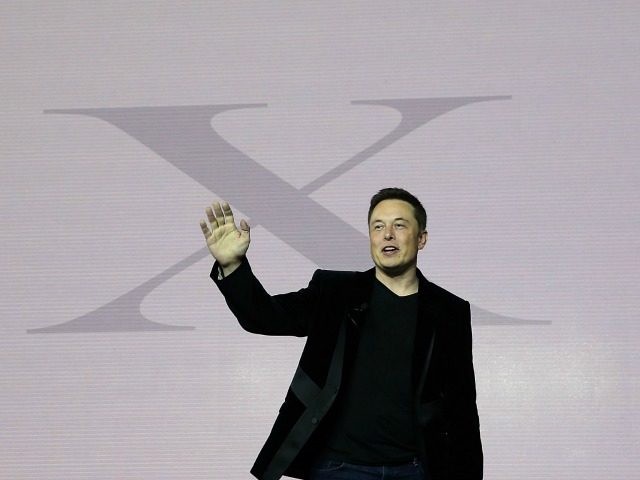SpaceX CEO Elon Musk will officially launch “Making Humans a Multiplanetary Species” on Tuesday, September 27, when gives a keynote speech at the 67th International Astronautical Congress in Guadalajara, Mexico.
Musk stated at the Code Conference in June 2016 that when he first established Space Exploration Technologies Corp. (SpaceX) in 2002, the prime mission of the company was to colonize Mars.
When asked if he would unveil his timetable for colonizing the “Red Planet” at this year’s international satellite and rocket convention, he replied, “That’s the game plan — approximately 2024 to launch the first of the Mars colonial transport systems with people.”
Musk acknowledged that the company is already developing a giant rocket, larger than the Saturn 5 moon rocket or the Space Launch System currently being pursued by NASA. But he has been tight-lipped about the design of the new rocket, and the location of its factory and launch base to make his dream a reality.
SpaceX has not quantified the cost of what many still think is Musk’s Martian madness. But he has said that SpaceX will need “a lot of money” for the project to come from revenues earned through lucrative contracts with NASA, the U.S. military, and commercial communications customers.
As the highly anticipated keynote speaker for the second day of the conference, Musk promises he will detail the long-term technical challenges that the company needs to resolve in order to support the creation of a permanent, self-sustaining human presence on Mars. He also will focus on potential opportunities for industry, government and the scientific community to collaborate.
Breitbart News noted in April of this year that SpaceX made a disruptive advance for space travel by launching a first-stage booster rocket into space, then landing the burnt out 14-story-tall rocket on a floating drone ship in the Atlantic Ocean. Over the next 5 months, SpaceX replicated the booster recovery landings three more times.
SpaceX President Gwynne Shotwell estimated that creating a reliable and reusable fist-stage rocket would only cost $40 million, net of $1 million in refueling and $3 million in refurbishment, versus the current $55 million cost of a single shot rocket.
However, SpaceX recently suffered a costly launch failure, while Musk’s Tesla Motors electric vehicles and SolarCity energy-storage products are being buffeted by significant headwinds and blowing through massive amounts of cash in a quest to build a “Gigafactory” in the Nevada desert. Purported to be the largest factory in the world, the partners are racing to produce enough batteries to support the launch of Tesla’s Model 3 mass-market car and SolarCity’s stand-by electric utility back-ups.
As chief executive officer of Tesla and the chairman and largest shareholder of SolarCity, Musk announced in early August that cash-rich Tesla would bid over $2 billion to acquire the heavily indebted SolarCity Corp. The deal has caused tremendous shareholder angst over potential insider conflicts and corporate governance risks.
The Securities & Exchange Commission recently opened an investigation into the transaction’s shareholder “fairness.” Premier short seller Jim Chanos has criticized the proposed merger as a “walking insolvency.”
Musk may be half genius and half unrealistic dreamer. But he is also one of the most relentlessly determined entrepreneurs in the history of the planet, and, perhaps soon, in the history of the universe.
When one of SpaceX’s Falcon 9 rockets loaded with a Facebook communications satellite on the launch pad in Cape Canaveral, Florida suffered a catastrophic explosion on September 1, Musk seemed unfazed by the loss of a $300 million satellite. He simply commented that from a technical perspective the disaster was “[t]urning out to be the most difficult and complex failure we have ever had in 14 years.”

COMMENTS
Please let us know if you're having issues with commenting.